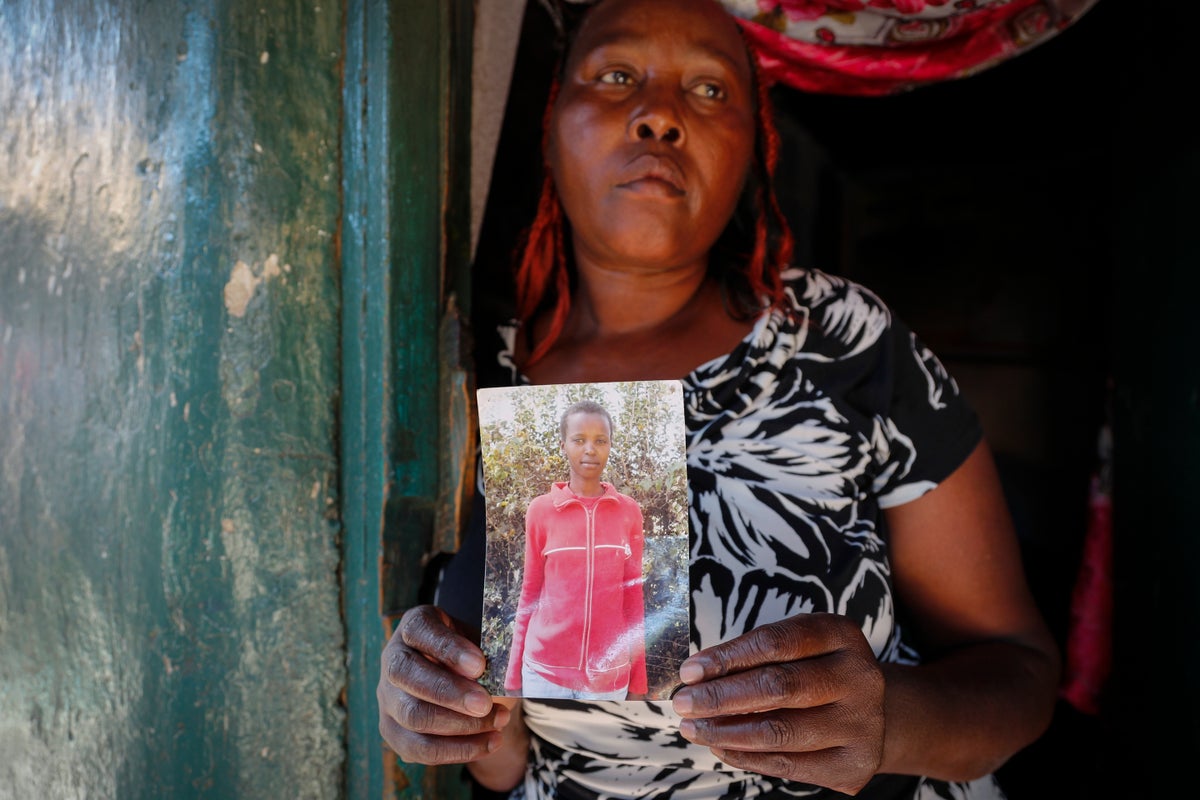
An arrest warrant has been issued for a citizen of the United Kingdom over the murder of a woman near a British Army base.
Agnes Wanjiru, 21, was found dead in a septic tank behind a hotel in Kenya two months after she disappeared in March 2012.
An inquest in 2018 found that Ms Wanjiru, a sex worker, had last been seen with British soldiers who were stationed in the market town of Nanyuki.
A post-mortem examination concluded she had died as a result of stab sounds to her chest and abdomen.
There was also evidence that she had been beaten but, because of the condition of her body, it was unclear whether she had been sexually assaulted.
The inquest concluded that Ms Wanjiru was murdered by British soldiers after she was discovered near the base.
Police in Kenya reopened the case into Ms Wanjiru’s murder in 2021 after her family said they were upset that no one had been convicted over her death.
Defence Secretary John Healey said he would raise the matter with Kenyan President William Ruto at a meeting in April, and said before the meeting he would emphasise the need to “accelerate progress” in the case.
High Court judge Alexander Muteti has issued the warrant.
Reports say it compels the suspect to appear before a court on a charge of murder.
According to reports, a British soldier has already confessed to Ms Wanjuri’s murder.
A statement issued on behalf of Ms Wanjiru’s family on Tuesday by law firm Leigh Day said: “We have lived with the pain of Agnes’ death for over a decade.
“The reports that an arrest warrant has been issued against a UK citizen is a significant moment for us and is incredibly welcome.
“We hope this marks the beginning of justice being done for our beloved Agnes.”
A UK Government spokeswoman said: “Our thoughts remain with the family of Agnes Wanjiru and we remain absolutely committed to helping them secure justice.
“We understand that the Kenyan Director of Public Prosecutions has determined that a British national should face trial in relation to the murder of Ms Wanjiru in 2012.
“This is subject to ongoing legal proceedings and we will not comment further at this stage.”
